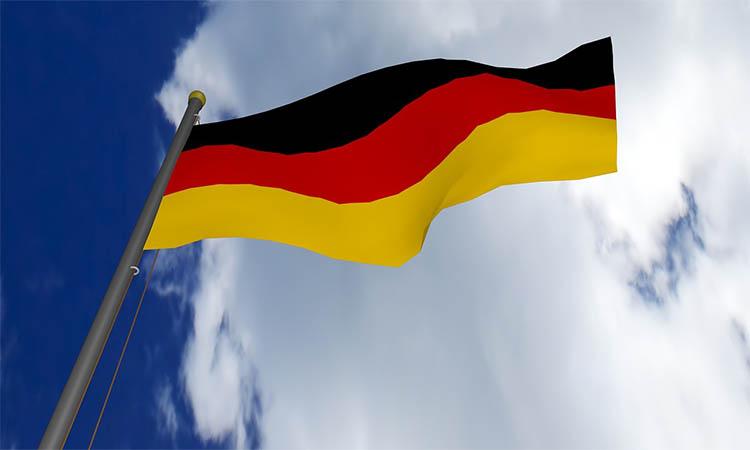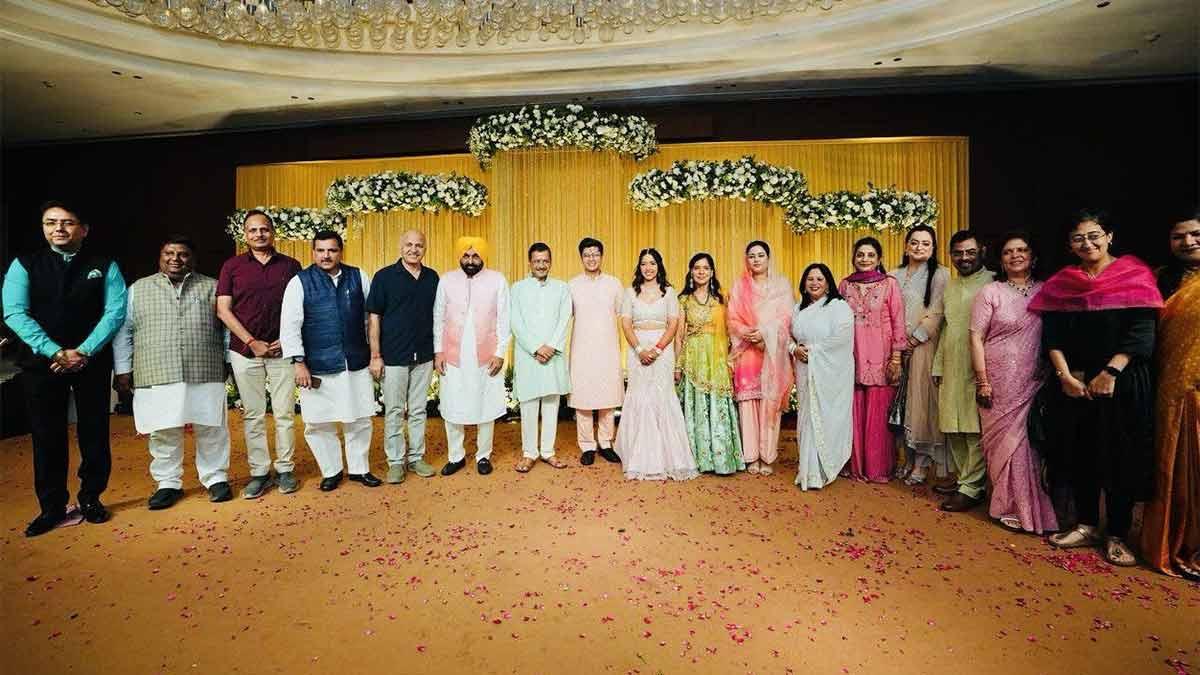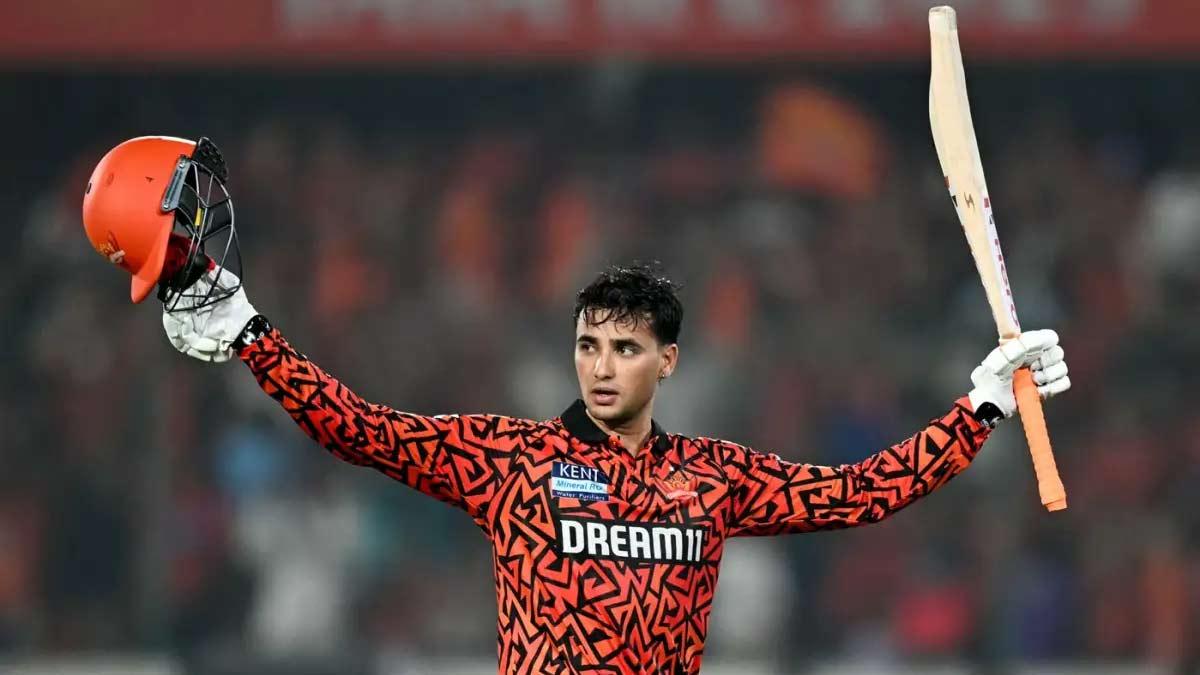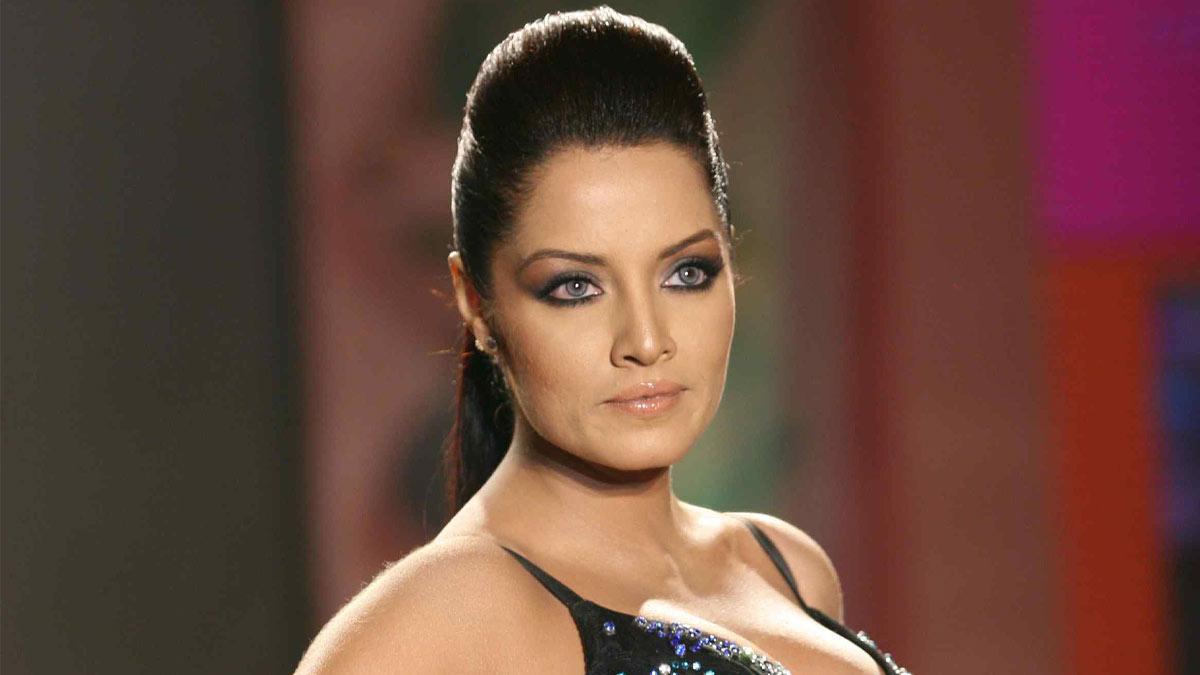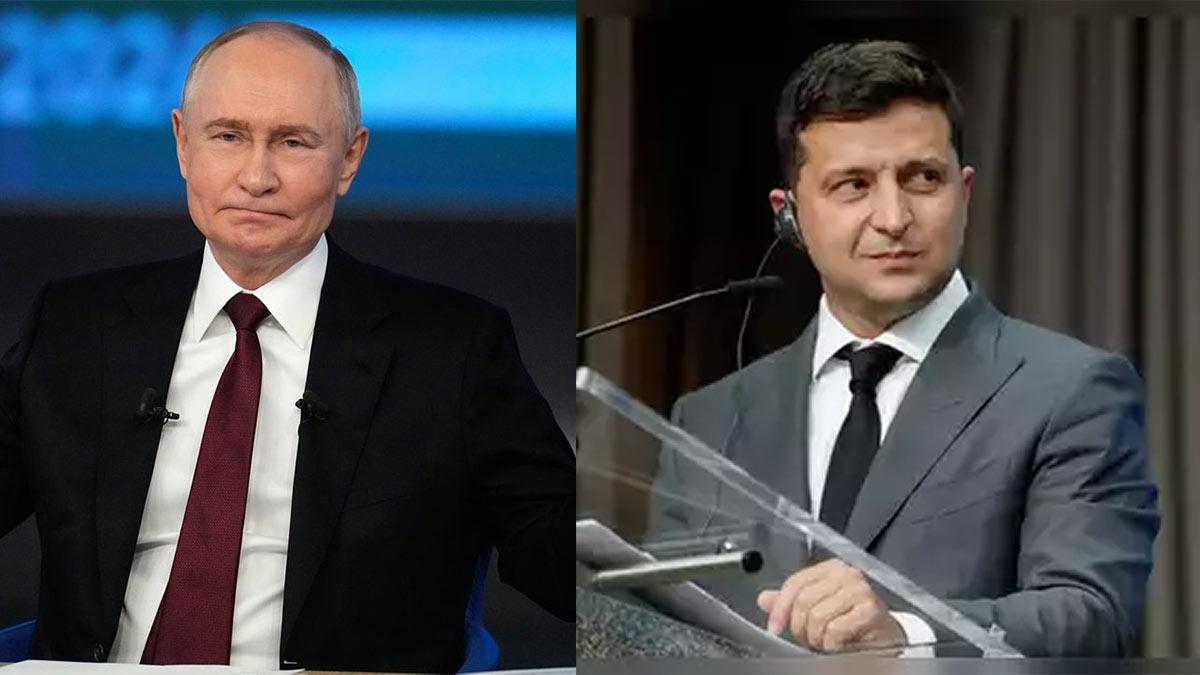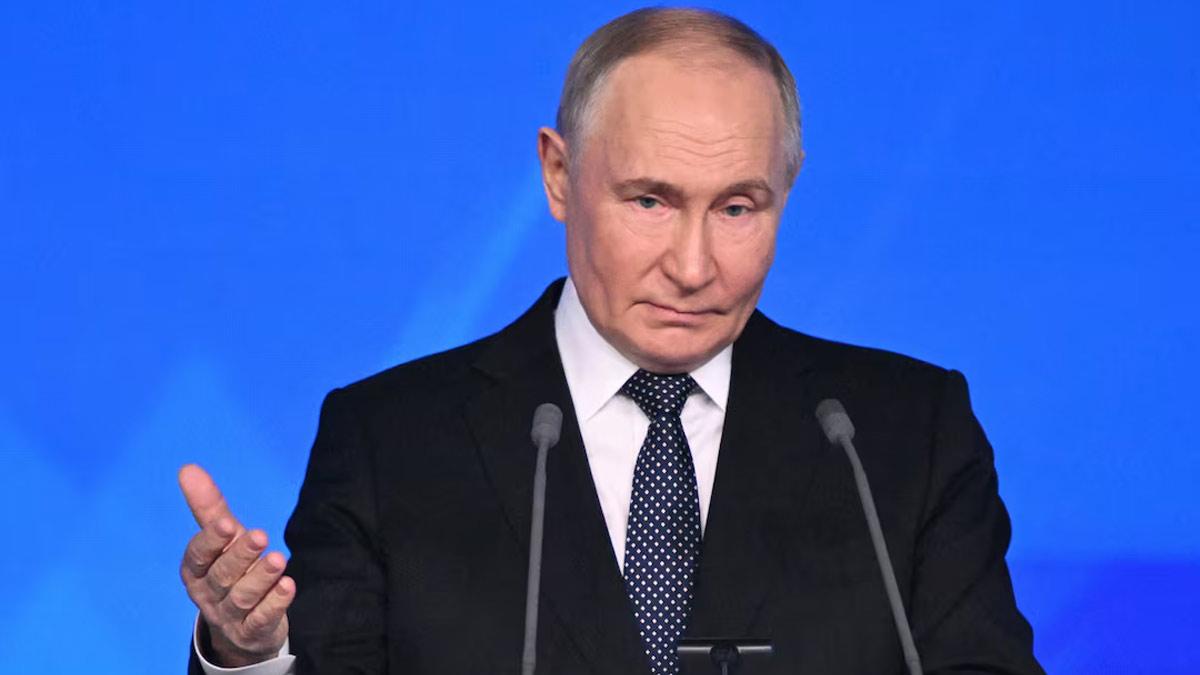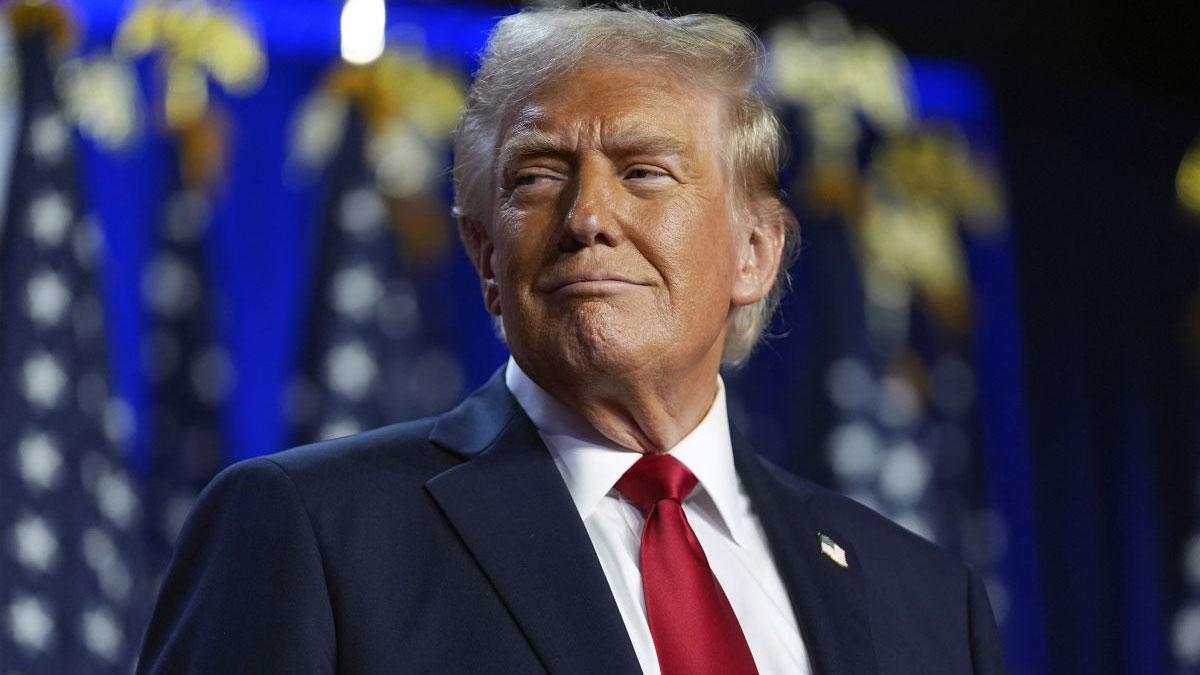The German administration spearheaded by the left-of-centre Social Democrats (SPD), an anticipated scenario after Sunday's general election, is unlikely to indicate a major shift in Berlin's policy towards India.
The present centre-right Christian Democrats (CDU)-led coalition government already contains SPD's Heiko Maas as Foreign Minister. He is expected to remain in this position, thereby ensuring continuity.
However, the concerns of the current dispensation of Chancellor Angela Merkel on purported human rights issues pertaining to the Narendra Modi government could come under the scanner even more than at present.
Germany is Europe's economic powerhouse. It is India's leading trading partner in the continent and one of the largest investors in India. Some 1,700 German companies operate in India, providing directly or indirectly an estimated 400,000 jobs, assessed the German radio and TV network Deutsche Welle (DW).
Also read| Germany's SPD lead election race after final TV debate
"The long (14 year) pursuit of a free trade agreement (FTA) between the EU (European Union) and India has come to be seen as a major dampener," DW commented.
It quoted "experts" as saying ties with India have "over-promised and undelivered" for years.
In DW's opinion: "India's own democratic record has become a matter of concern, with organisations such as Freedom House stressing this year that political rights and civil liberties have deteriorated since Narendra Modi became Prime Minister in 2014."
However, worsening relations with China require a different German approach to the Indo-Pacific. Along with France, Germany now sees India "as a possible bridge" to the region.
Manisha Reuter of the European Council on Foreign Relations, told DW: "It's only in the last couple of months, maybe in the last year, that the relationship has become a more strategic one."
At this important juncture of a general election, though, the Indian Ambassador's post in Berlin has been vacant since June.
The SPD could come to power for the first time in 16 years, without entering into a coalition with its competitor the CDU.
Merkel, leader of the CDU, has been Chancellor since 2005, but is retiring at the end of this term.
A poll of polls on September 22 gave the SPD 25 per cent of votes and the CDU with its partner in Bavaria, the rightist Christian Social Union 21 per cent. The Greens are projected to get 15 per cent, the pro-business Free Democrats (FDP) 11 per cent and the Left 7 per cent -- all potential constituents in a SPD-led coalition.
Professor Anita Bose Pfaff, daughter and only child of Indian National Congress President in the 1930s Subhas Chandra Bose and an SPD leader in the Bavarian city of Augsburg, was cautious.
"Many (voters) are still undecided," she said.
But what doesn't seem to be in doubt is that the SPD candidate for chancellor, who is Finance Minister Olaf Scholz in the prevailing CDU-SPD grand coalition, enjoys a higher approval rating than his rival, CDU's Armin Laschet.
The CDU has ruled Germany for 50 of the past 70 years.
Nonetheless, barring a last minute surge in its favour, it could looks like being unseated.
Also read| Stunning UNESCO World Heritage Sites in Germany

